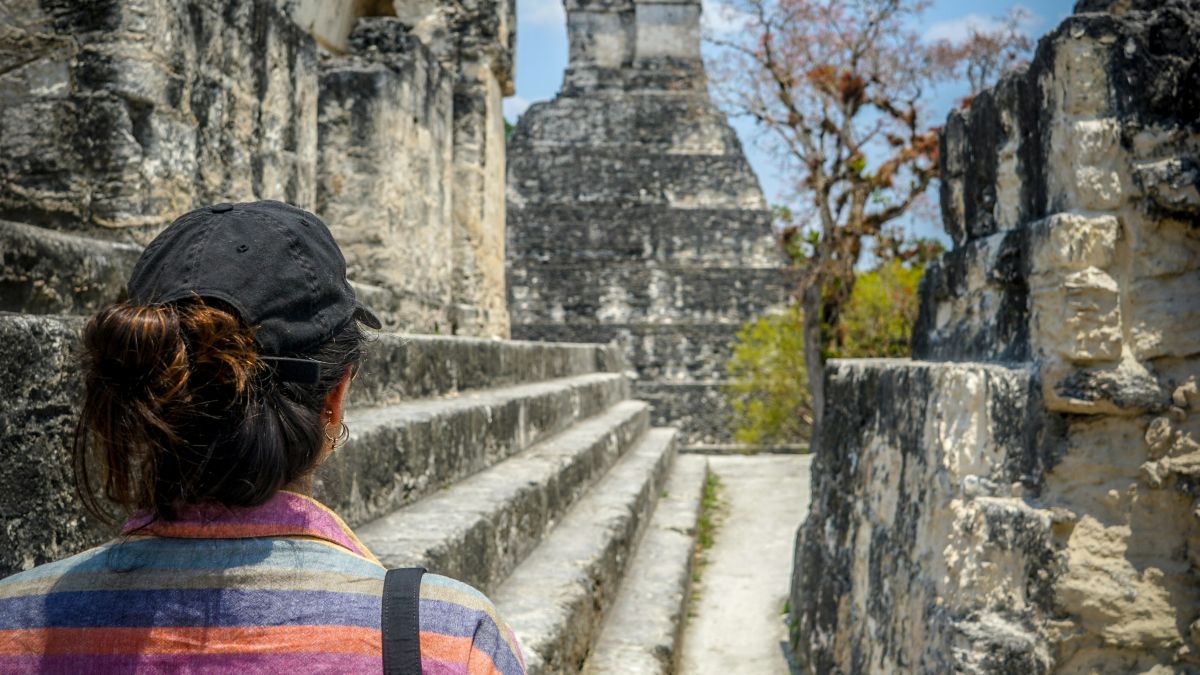Moving to Central America? Discover which health tests you might need, how to handle tropical diseases, and what medical preparations to consider.
Moving to Central America comes with many changes, including adjusting to a new healthcare system. While care standards may differ, here are some health tests and preparations you might want to consider to monitor your wellbeing in your new environment.
Understanding Local Healthcare Systems
Healthcare systems vary across Central America. While private hospitals in major cities often offer high-quality care similar to what you might find at home, facilities and services in rural areas may be different from what you’re used to. Before moving, you might want to research the medical facilities near your intended residence. Some expats find it helpful to identify English-speaking healthcare providers in advance.
Many expats choose to develop relationships with local pharmacies and clinics soon after arrival. This can be particularly useful since some medications may be available under different names or in different formulations than in your home country. Private hospitals often provide more extensive services and shorter wait times than public facilities, though costs and insurance coverage can vary significantly.
Planning a move to Central America? Ensure access to top-notch healthcare for you and your family with our guide to the best hospitals in the region.https://t.co/MJee4wYE0C
— Central America Living (@VidaAmerica) May 23, 2023
Vaccination Considerations
When planning your move, you may want to discuss your vaccination status with your doctor. Different destinations have different health risks, so a consultation 3-6 months before moving gives you time to consider which vaccinations might be helpful for Central America.
Common vaccinations to discuss include Hepatitis A and B, which protect against liver infections, and typhoid vaccination, which helps prevent typhoid fever from contaminated food and water. You might also want to review your status for standard vaccinations like MMR (measles, mumps, rubella) and DPT (diphtheria, pertussis, tetanus).
If you haven’t had chickenpox as a child, you might consider that vaccination, as complications can be more severe in adults. The pneumococcal vaccine and seasonal flu shot are other options to discuss with your healthcare provider.
Parasite Testing
Intestinal parasites can be more common in developing regions of Central America due to factors like contaminated food and water sources. Even without symptoms, you might want to consider testing for parasites during your first few weeks after moving.
Common parasites in the region include amebiasis, which spreads through contaminated food and water and can cause gastrointestinal symptoms, and giardiasis (sometimes called “beaver fever”), another illness found in contaminated soil, food, and water.
Other parasites you might want to test for include Ascariasis (roundworms), hookworm, and Strongyloidiasis. Early detection can help prevent complications like vitamin deficiencies or anemia.
Mosquito-Borne Diseases
While planning your move, it’s worth learning about several mosquito-transmitted diseases common in Central America. Unlike some health risks, these can’t be prevented through vaccines, but understanding them can help you recognize symptoms and seek appropriate treatment if needed.
Dengue fever, transmitted by day-biting Aedes mosquitoes, can cause high fever, severe headache, joint and muscle pain, and sometimes a characteristic rash. Some people experience mild symptoms that feel like a bad flu, while others might develop more severe forms. Many experienced expats keep dengue testing kits at home, as early detection can be helpful.
While malaria risk varies significantly by region and season in Central America, some areas still report cases. Symptoms can include cycles of fever, chills, and flu-like illness. If you’re planning to spend time in rural areas, you might want to discuss malaria prevention strategies with your doctor.
Common precautions against these diseases include using mosquito repellent (particularly during dawn and dusk), wearing long sleeves and pants when possible, and ensuring your living space has adequate screening on windows and doors. Some expats find it helpful to keep a supply of mosquito control products on hand.
Protect yourself from dengue fever in Central America. This guide covers symptoms, prevention tips, treatment, and advice for traveling to high-risk areas during the rainy season.https://t.co/tI7nkiwSsa
— Central America Living (@VidaAmerica) May 31, 2024
Health Markers to Consider
Before moving abroad, you might find it helpful to establish baseline health markers through various tests. These results can provide useful comparison points if you experience health changes after your move.
A complete blood count (CBC) can provide information about your blood cell levels and screen for various conditions. A metabolic panel evaluates kidney function, liver health, electrolyte levels, and blood sugar status. A lipid panel measures cholesterol and triglycerides, which can be useful to track as lifestyle changes abroad might affect cardiovascular health.
Other helpful tests might include liver function tests, kidney function tests, vitamin D levels (particularly if moving to an area with different sun exposure patterns), and iron/ferritin screening. You might also consider thyroid testing through TSH, a basic urinalysis, and STI testing, as access to these services may vary in different locations.
Vision Considerations
A comprehensive eye exam before moving overseas can be valuable, as access to vision care may differ in your new location. If you wear glasses or contact lenses, you might want to get an updated prescription and consider stocking up on supplies.
During an eye exam, your doctor can check for conditions like glaucoma, which affects the optic nerve, cataracts, which can cause cloudy vision particularly after age 60, and macular degeneration, which impacts central vision. Having a record of your eye health can be useful for future comparisons.
Hearing Assessment
Consider getting a hearing evaluation before departure to establish a baseline for future reference. A typical hearing exam includes pure tone audiometry, which measures hearing sensitivity across different frequencies and volumes, and speech audiometry, which tests word comprehension in various conditions. Tympanometry can assess how well sound moves through your middle ear.
If you use any form of hearing assistance devices (hearing aids), you might want to have them checked before moving and stock up on batteries and supplies. Research hearing aid services in your destination area in case you need repairs or adjustments.
Insurance and Emergency Planning
Standard domestic health insurance plans often don’t provide comprehensive coverage abroad. You might want to look into international health insurance options that include coverage for both routine care and emergencies. Some expats also consider policies that include medical evacuation coverage for serious situations.
Keeping digital copies of your medical records, including vaccination history, prescriptions, and test results, can be helpful when working with new healthcare providers. Consider creating a basic medical information card in both English and Spanish that includes your blood type, any allergies, and ongoing medical conditions.
Looking Ahead
These health preparations can help you transition smoothly to life in Central America. Consider which tests and examinations make sense for your particular situation, and discuss any specific concerns with your healthcare provider. Remember that healthcare services and standards can vary significantly between different locations, so researching medical facilities and providers in your new area can help you make informed decisions about your ongoing healthcare needs.
Remember that every expat’s situation is unique, and these suggestions should be tailored to your personal health history, destination, and circumstances. Local expat communities can often provide valuable insights about healthcare resources and recommendations based on their experiences.



